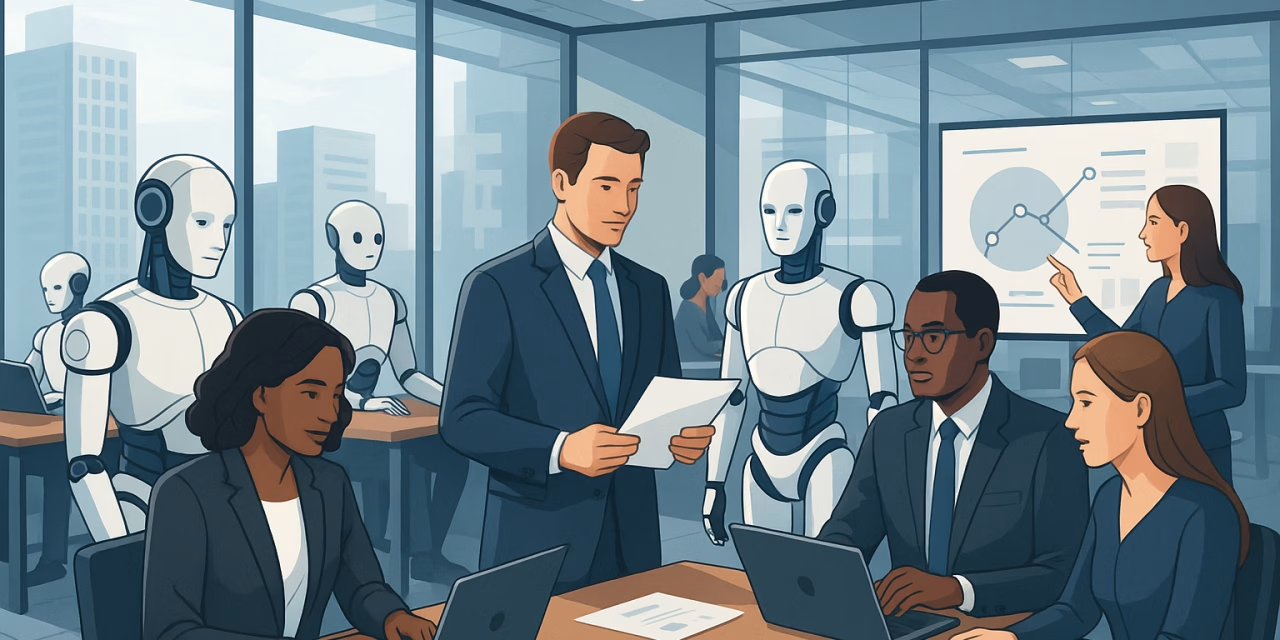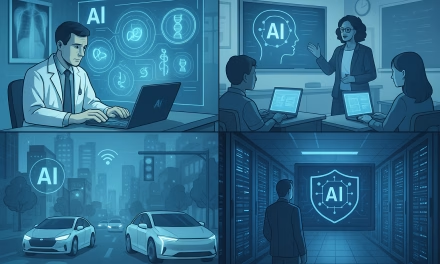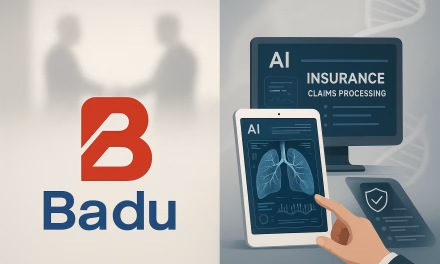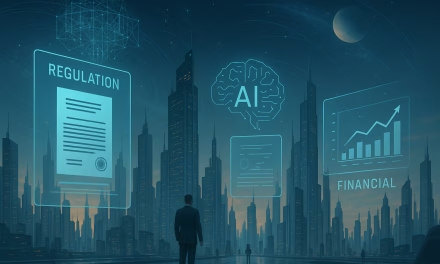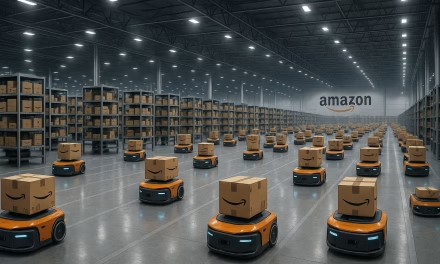June 30, 2025, marks a pivotal moment in the business world, as Artificial Intelligence transitions from an experimental technology to an essential infrastructure, fundamentally reshaping the workforce and driving unprecedented success for AI-first companies.
The day’s news highlights significant workforce changes, with major corporations like Microsoft and IBM implementing AI-driven automation that has led to thousands of layoffs. These companies cite AI’s efficiency, with some reporting it to be 85% more efficient than human workers. While the World Economic Forum predicts net job creation overall due to AI, the immediate impact on specific roles is undeniable, forcing a re-evaluation of skills and career paths.
Conversely, AI-first companies are achieving market success at dramatically higher rates. Nearly half (47%) of AI-native businesses have reached critical scale, compared to only 13% of traditional companies that are merely adding AI capabilities to existing products. This disparity underscores the competitive advantage of businesses built from the ground up with AI at their core, demonstrating a clear shift from mere AI adoption to practical execution.
Business applications are increasingly leveraging AI agents, which have shown remarkable efficiency gains. In loan underwriting, for instance, AI agents have reduced cycle times by 20-60% through automated document preparation and financial analysis. Furthermore, 70% of successful companies now use AI to process customer data, identify patterns, and enhance decision-making processes, leading to more personalized experiences and improved strategic insights.
The focus has shifted from simply integrating AI to executing its capabilities effectively. Companies are emphasizing privacy-focused solutions, personalized experiences, and strategic data utilization. As AI budgets increase rapidly, its measurable impact on profit and loss statements is becoming undeniable. The developments on June 30, 2025, collectively illustrate that the future of business is inextricably linked to AI, demanding adaptability, strategic investment, and a commitment to leveraging AI for both efficiency and innovation.

